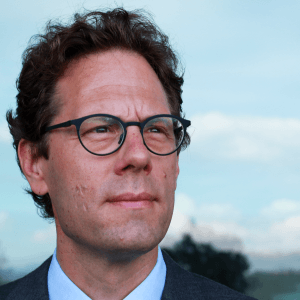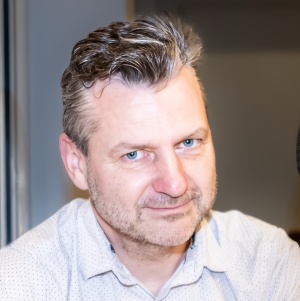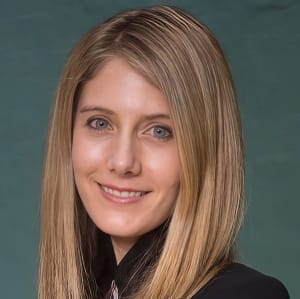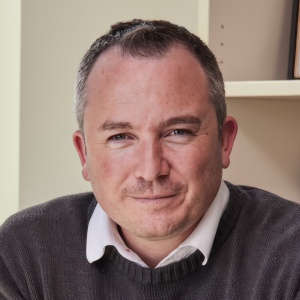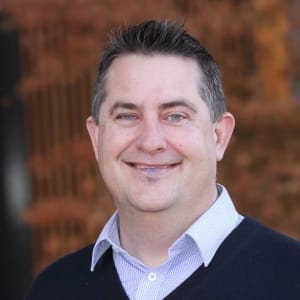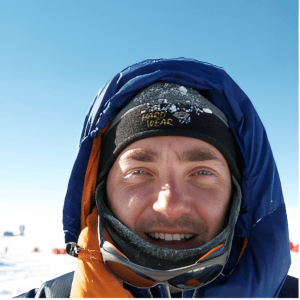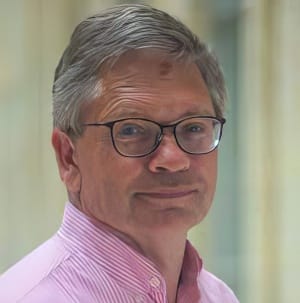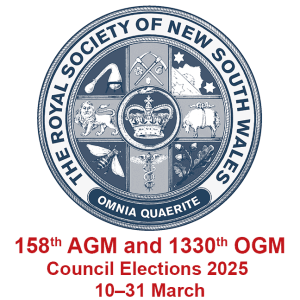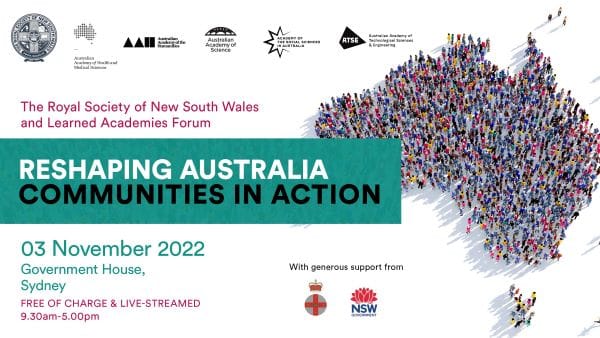
RESHAPING AUSTRALIA: COMMUNITIES IN ACTION
Dates: Thursday 3 November 2022, 9.30 am–5.30 pm AEDT
Venue: YouTube live streaming from Government House Sydney
Video presentation: YouTube playlist
Brochure: Complete document comprising the program, abstracts, and speaker biographies
The Royal Society of New South Wales and the Learned Academies acknowledge the generous support of Her Excellency the Honourable Margaret Beazley AC KC, Governor of New South Wales and the Office of the NSW Chief Scientist and Engineer.
Summary
The tumultuous last decade has witnessed a decline in political consensus and a growing perception that our formal institutions of government have failed to tackle fundamental challenges in areas such as climate change and social inequality.
As the 2022 Federal election demonstrated, many Australian communities, corporations and interest groups have become increasingly active as voices for political change. The ‘Uluru Statement from the Heart’ is one striking example of a community demanding that they be shapers of policy, not just the recipients of what others think should be done.
Such activism builds on a long tradition of community participation in Australia, which has developed a vibrant and extensive not-for-profit sector. There are now more than 50,000 organisations, a million employees and five million volunteers, providing services and support in many areas of our civil life.
These community and volunteer efforts are essential in managing the immediate and long-term impacts of social and environmental crises including catastrophic fires, droughts, and floods. Successful initiatives have involved local communities collaborating with corporations, businesses, research, and government agencies to find innovative solutions.
This year, the Royal Society of NSW in partnership with Australia’s Learned Academies and under the gracious patronage of Her Excellency the Honourable Margaret Beazley AC KC, Governor of New South Wales, will explore this dynamic of communities in action. It will canvass some of the latest research on the factors shaping disparities in social, economic and well-being outcomes for Australians and address four key areas – health, education, infrastructure, and the environment.
The Forum will highlight examples of community collaboration with business, not-for-profit, research, and government organisations to drive meaningful change. It will conclude with a consideration of how greater community participation might impact long-term policy development for the benefit of all Australians.
PROGRAM: THURSDAY 3 NOVEMBER 2022
| Time | |
| 09:00–09:25 | Registration |
| 09:25–09:30 | Guests seated |
| 09:30–09:45 | Governor is announced into the Ballroom Commencement of Proceedings |
| Official Opening Her Excellency the Honourable Margaret Beazley AC KC Governor of New South Wales | |
| Welcome and Acknowledgement of Country Susan Pond AM FRSN FTSE FAHMS President, Royal Society of New South Wales | |
| Ministerial Address The Honourable Andrew Leigh MP FASSA Assistant Minister for Competition, Charities, and Treasury Federal Member for Fenner | |
| Introduction to Program and Moderator/Rapporteur Stephen Garton AM FRSN FAHA FASSA Chair, Forum Program Committee Principal Advisor, Office of the Vice-Chancellor and President University of Sydney | |
| Moderator and Rapporteur Julianne Schultz AM FAHA Emeritus Professor, Media and Culture, Griffith University Chair, The Conversation Media Group |
SESSION I: SETTING THE SCENE
Despite a national myth of egalitarianism, contemporary social commentary, and research point to a growing divide between the ‘haves’ and ‘have nots’ in Australian society. This session will examine some of the broad economic and demographic patterns across Australia and explore in particular some of the indices of Indigenous disadvantage. It will set the scene for considering how communities are working to address social disenfranchisement and overcome health, economic and environmental challenges.
| 09:45–11:15 | Richard Holden FES FASSA Professor of Economics at UNSW Business School President, Academy of the Social Sciences in Australia |
| Alison Frame Deputy Secretary, Social Policy Group Department of the Prime Minister and Cabinet, Australian Government | |
| Kalinda Griffiths Scientia Lecturer, Centre for Big Data Research in Health, UNSW Sydney Research and Education Lead for Aboriginal and Torres Strait Islander Health Victorian Comprehensive Cancer Centre | |
| James O’Donnell Lecturer, School of Demography and ANU Social Cohesion Grand Challenge, College of Arts and Social Sciences Australian National University |
SESSION II: HEALTH AND COMMUNITIES
Although Australia has one of the best and most equitable health systems in the world, there are distinct challenges and inequities which need to be recognised and addressed. This session will consider these issues in urban, regional and remote, and culturally diverse settings, and in the under-resourced sectors of mental and Indigenous health and show how community initiatives can help provide innovative solutions.
| 11:15–12:30 | Bernie Shakeshaft Founder and Director BackTrack Youth Works |
| Sally Redman AO Chief Executive Officer Sax Institute Sydney | |
| Elizabeth Elliott AM FRSN FAHMS Distinguished Professor of Paediatrics and Child Health University of Sydney | |
| Maree Teesson AC FAHMS FASSA Professor and Director, Matilda Centre for Research in Mental Health and Substance Use, and NHMRC Leadership Fellow University of Sydney |
LUNCH ON THE VERANDAH (12:30–13:30)
SESSION III: NATURAL AND BUILT ENVIRONMENT (INCLUDING CLIMATE CHANGE & INFRASTRUCTURE)
Our natural and built environments are increasingly threatened by issues including climate change and the accumulation of waste. Local communities, businesses, researchers, and coalitions of activists have been working creatively on climate mitigation interventions, technological solutions for net zero emissions, and waste management and recycling. This session will look at how governments, communities and other stakeholders are coming together to create more harmonious and resilient futures for our natural and built environments.
| 13:30–14:45 | Louise Adams FTSE Chief Operating Officer Aurecon |
| David Schlosberg FASSA Professor of Environmental Politics and Director, Sydney Environment Institute University of Sydney | |
| Tone Wheeler Principal and Director Environa Studio | |
| Angelica Kross Community Activist |
SESSION IV: EDUCATION
Research continues to underline the transformative potential of education that is accessible to all – regardless of disability, race, language, religion, gender, and income – to enrich technological innovation, economic growth, political stability, and social cohesion. This session will take stock of Australia’s investment in education and offer examples and strategies for an education-led path to a more equal, more inclusive, and more successful Australia.
| 14:45–16:00 | Pasi Sahlberg Professor of Education Southern Cross University |
| Kim Beswick Professor of Mathematics Education; Head, School of Education; and Director, Gonski Institute of Education UNSW Sydney Member, Australian Academy of Science National Committee on Mathematical Sciences | |
| Peter Shergold AC FRSN FASSA Chancellor Western Sydney University | |
| Marcia Langton AO FASSA Associate Provost, Redmond Barry Distinguished Professor, and Foundation Chair of Australian Indigenous Studies University of Melbourne |
SESSION IV: SUMMARY AND SOLUTIONS
| 16:00–17:00 | Ariadne Vromen FASSA Sir John Bunting Chair of Public Administration, Crawford School of Public Policy Australian National University |
| Marcia Langton AO FASSA Associate Provost, Redmond Barry Distinguished Professor, and Foundation Chair of Australian Indigenous Studies University of Melbourne | |
| Julianne Schultz AM FAHA Emeritus Professor, Media and Culture, Griffith University Chair, The Conversation Media Group |

